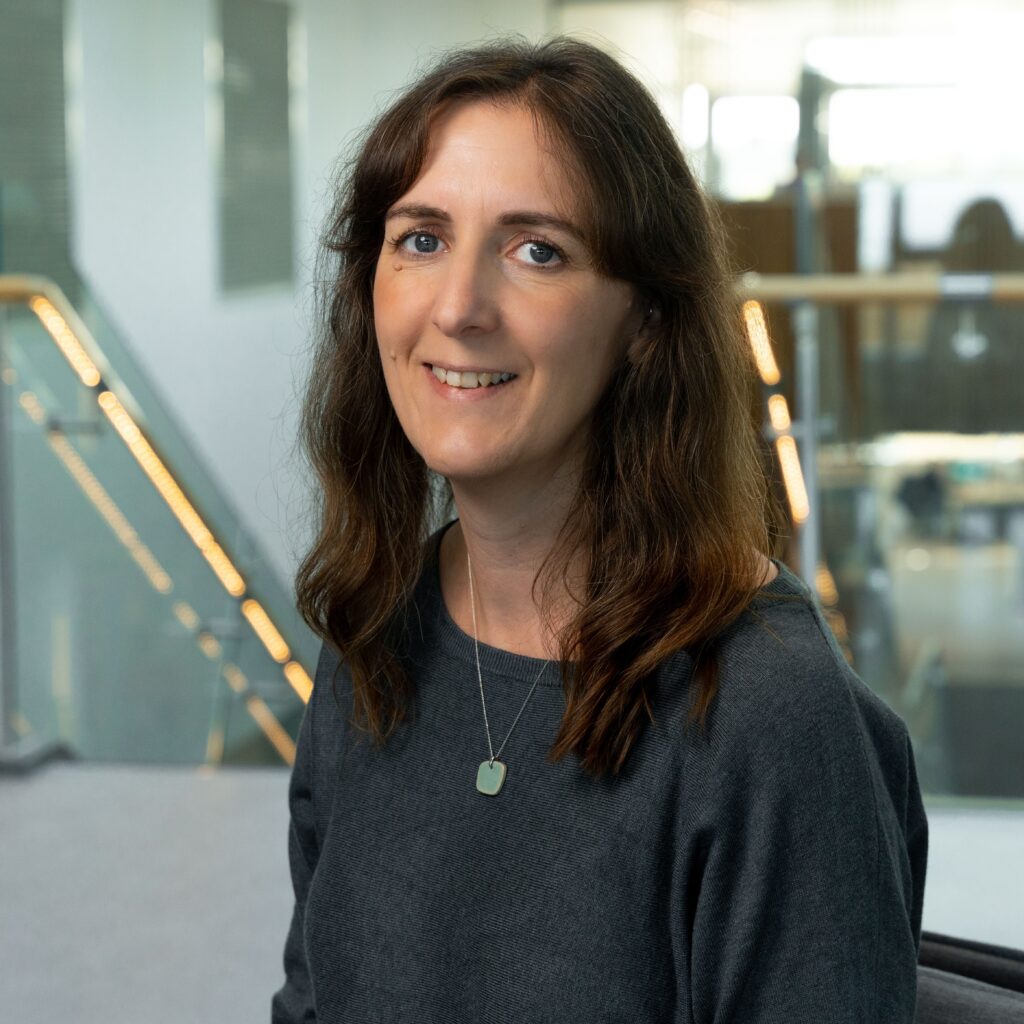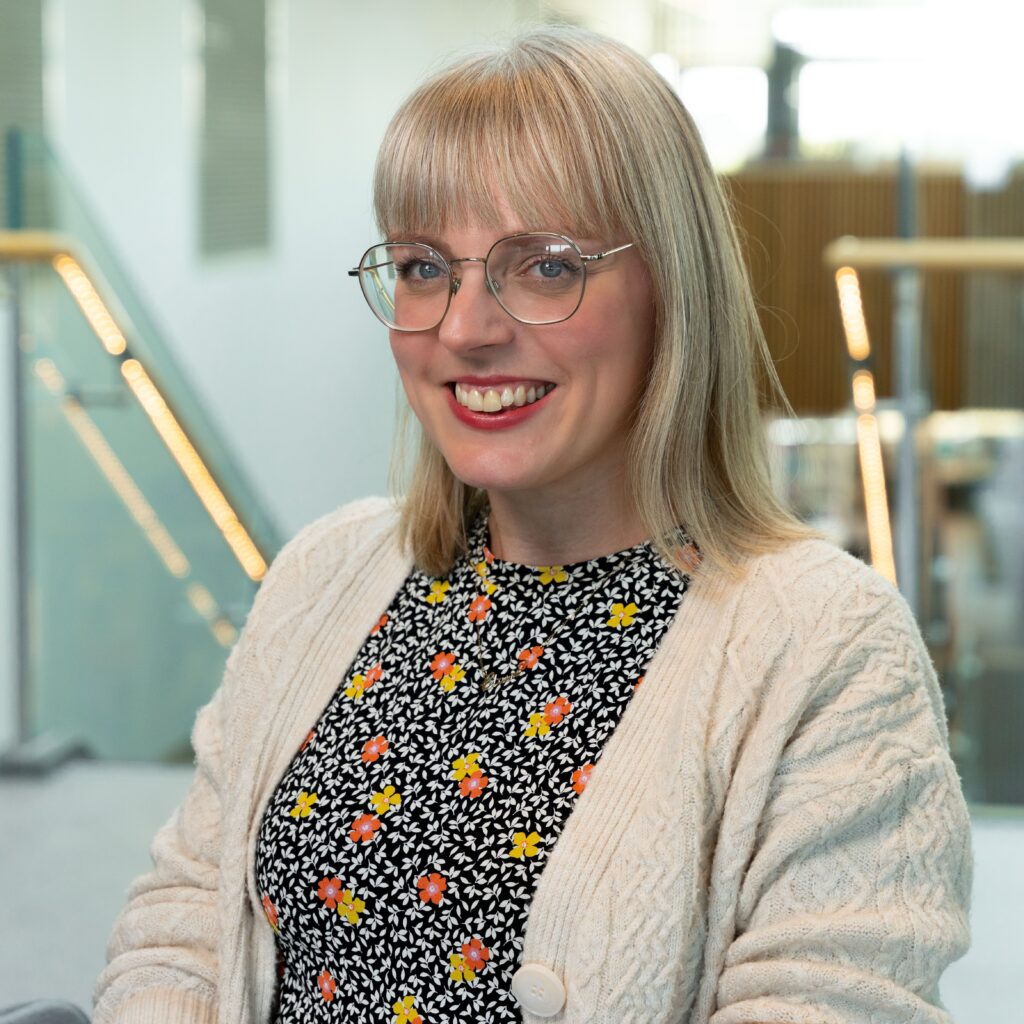Academic Skills Advisors, Edge Hill University
Our experiences of applying for CeP/CeLP
Attending ALDCon22 as presenters and as delegates was a hugely positive experience for both of us. After a nerve-wracking build-up to presenting online, we were met with such a welcoming environment and positive feedback, that it made the subsequent in-person element so much more exciting! What a great opportunity to meet, listen to, and learn from other practitioners in the field. Attendance at this event is what inspired us both to begin compiling our CeP/CeLP applications in the 2022-23 academic year.
With the first term of any academic year being the busiest we soon realised that we were unlikely to get much done during that period, so postponed our application writing until 2023. However, we did have an initial pre-Christmas planning session where we chatted about the different sections in the application form and read through the exemplar. We looked at what we could add to these sections in our own applications, bouncing ideas around, and reminding each other of different projects that would help us to demonstrate how we meet the criteria.
Reflecting on how we support students to plan and organise their academic work around other commitments, we acknowledged that we needed to take our own advice and factor in dedicated writing time! So, we booked a room for a full day on 3 alternate months, where we could go with the sole purpose of focussing on our applications. We used this protected time to stay completely away from the day-to-day admin, teaching, and student 1-1s that usually infiltrate our working time. Giving ourselves permission to step away from ‘work’ to focus on our applications meant that we could fully engage in the CeP application process.
Helen (CeP)

There were so many engaging and thought-provoking presentations and discussions at ALDCon22, but Carina Buckley’s ‘Leadership in learning development: who and how?’ session was the one that struck a chord. Recognising the difference between leadership and management in the context of being a Learning Developer was a pivotal moment for me!
Carina highlighted powerful reminders of ways to demonstrate leadership, and achieving post-nominals was one of the things I recognised that I could start working towards immediately.
Benefits
In January 2023 we had the first of our ‘CeP writing days’, and all began the process of adding words to the page. My initial draft produced only clumsy wording, and half-formed ideas on that first day. However, the decision to review my application only on the next scheduled writing day was hugely beneficial as it allowed me both time to reflect, and the opportunity to view it with fresh eyes. Each time I returned to my application I was able to update, adapt and improve my ideas and writing. Much like we recommend to the students we support, stepping away from the work and allowing my brain to make connections in the background really did make a huge difference to the clarity and flow of my writing.
During our first writing day we also met 2 PhD students who had been using the room prior to the time we had booked. Rather than asking them to leave, we invited them to share the space with us for the rest of the day. Working in this way was a really positive experience for all. We shared our writing experiences and tips, as well as periods of quiet writing time where there was a mutual respect for each other’s work. The experience of sharing space with other writers, whether colleagues or students, was a motivating and joyful one.
Challenges
The critical reflection elements of each section on the CeP application were perhaps the most challenging aspect, although I did find that taking time away from the application process enabled me to be a more effective reflective practitioner. The benefits of reflective practice are well documented, however in this role it is rare that we have scheduled and structured opportunities such as this to reflect upon our practice. Critical writing is hard – whatever level you write at – and this element of the application offered me a good opportunity to practice both my critical writing and reflection skills. In turn enabling me to empathise more closely with the students we support.
This process, whilst often challenging, has also been incredibly rewarding, and I would absolutely recommend it to any other Learning Developers who might be considering applying for CeP.
Top tips
3 tips for a positive CeP writing experience:
- Dedicate time and space to write
- Allow a period of time for reflection
- Write alongside peers for a mutually supportive environment
Claire (CeLP)

Find your cheer squad…
Writing of any sort can be quite the solitary experience, which is not easy for those of us who like a good old natter and work best alongside others. I therefore found regular writing retreats the perfect antidote to this. Scheduling in protected time to work alongside my fellow CeP applicants, allowed some much-needed time for chatting before we knuckled down to the work of writing. Having regular breaks also meant that we could refresh and motivate each other to keep going – coffee and cake was also rather helpful with this.
As with most worthwhile endeavours, applying for CeLP was at times challenging. Nobody can do the work for you, so it is ultimately you committing to the time it deserves. Juggling the day job alongside any personal development can therefore be the biggest hurdle, here is what I found helped…
Allocating dedicated time in our diaries, purposefully away from our desks, was also beneficial in ensuring that the work got done.
Practice what you preach…
Understanding that it is not enough to purely describe what you do should be a given, particularly when as Learning Developers we constantly advice students to be more critical and less descriptive. However, this is something I did struggle with, and I kept having to ask myself ‘why?’. Thinking like a student really helped with this, as did mind mapping to create a plan on how I wanted to tackle each section and what I aimed to cover. The process of reflection and editing then allowed me to expand and develop my discussion and evidence further.
A real bonus of taking the time to apply for CeLP, was that I had an excuse to truly reflect on what I do. To think about the roles I have undertaken (not just as a Learning Developer) and to consider the things I do well (and why), and also areas I want to develop moving forward. I found this reflective practice highly informative and beneficial – both personally and professionally (Clarke, 2021).
Do not sell yourself short…
Finally, I originally submitted for CeP, having not even considered applying for CeLP. It was feedback from my CeP application which encouraged me to develop my application further and submit for CeLP. Whilst, I was initially concerned I did not have enough knowledge or experience (imposter syndrome anyone?) to expand my initial application, I was supported by the team at ALDinHE and given the time and space to consider how I might be able to fulfil the extra criteria.
My advice would be to believe in yourself, and to trust in others if/when your confidence falters. This is why CeP/CeLP is important – as it is a brilliant opportunity to champion who you are and what you do professionally and be recognised for it. So, what are you waiting for?
References:
- BUCKLEY, C., 2022. Leadership in learning development: who and how? Journal of Learning Development in Higher Education [online]. Special Issue 25: ALDinHE Conference Proceedings and Reflections. pp. 1-10. Available from: https://journal.aldinhe.ac.uk/index.php/jldhe/article/view/965/636 [Accessed 12 December 2023].
- CLARKE, N.M., 2021. Experience, Deconstruction, Implementation: EDI; A New Approach to Reflective Writing for Academic Purpose. Reflective Practice: International and Multidisciplinary Perspectives [online]. Available from: https://doi.org/10.1080/14623943.2021.1946775 [Accessed 9 February 2024].
